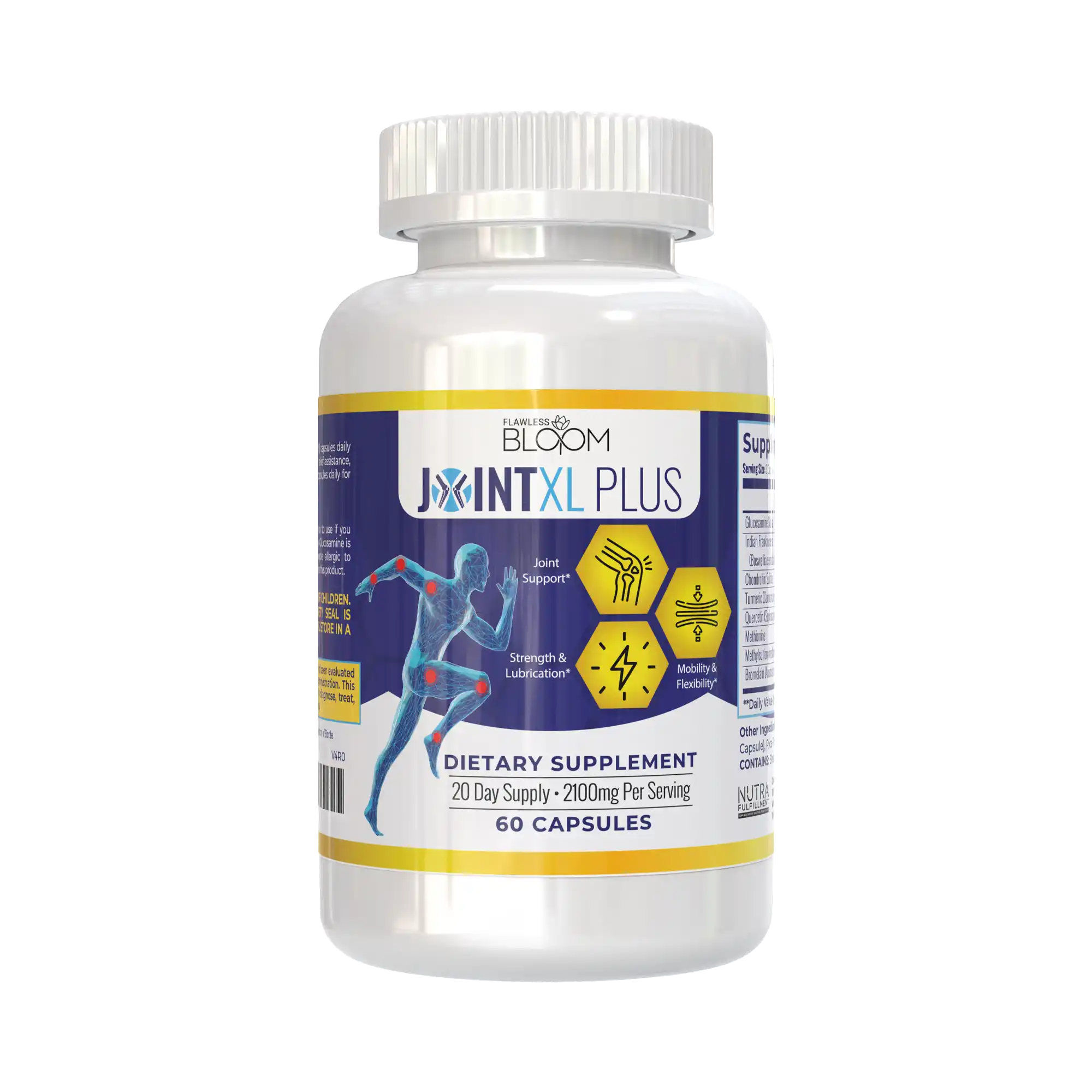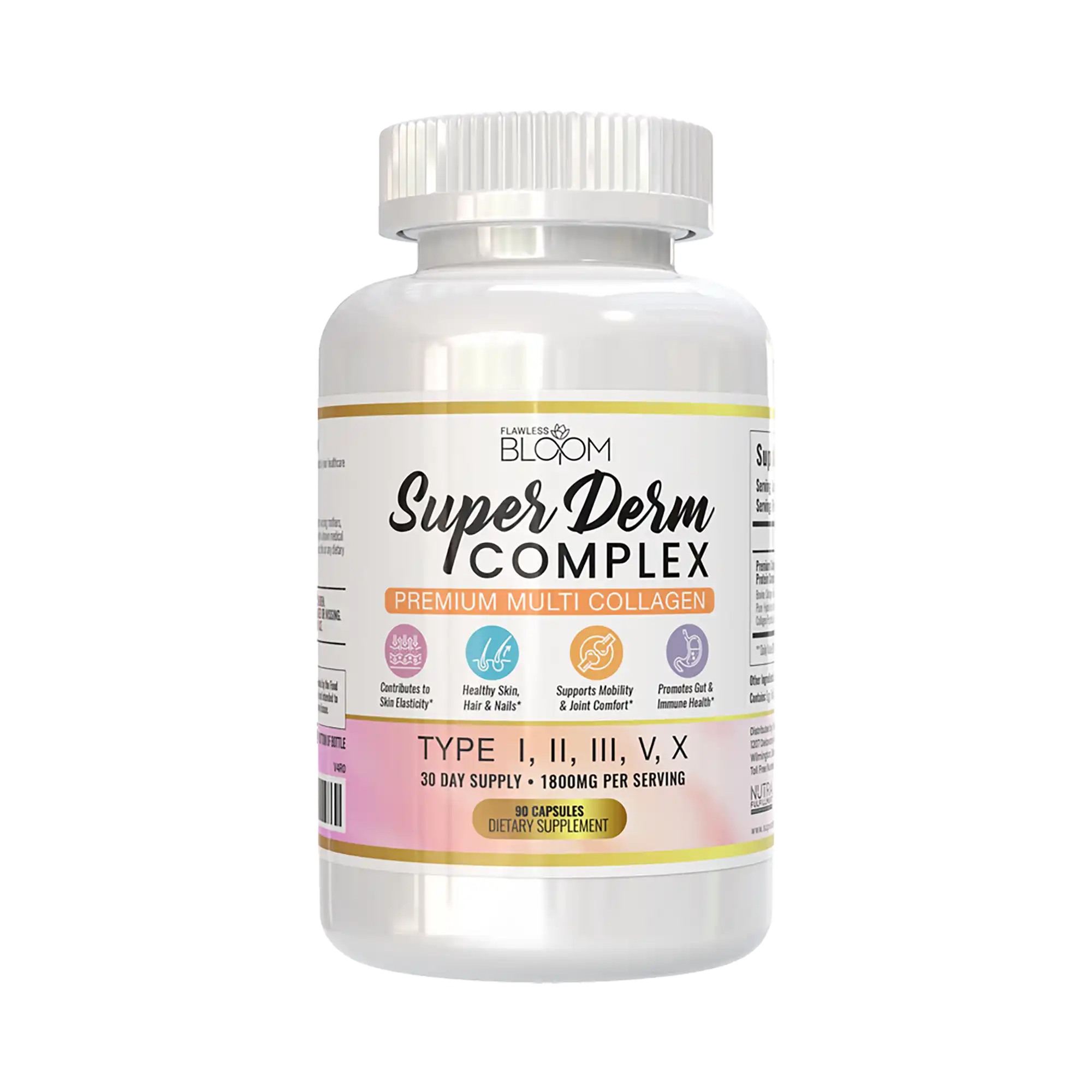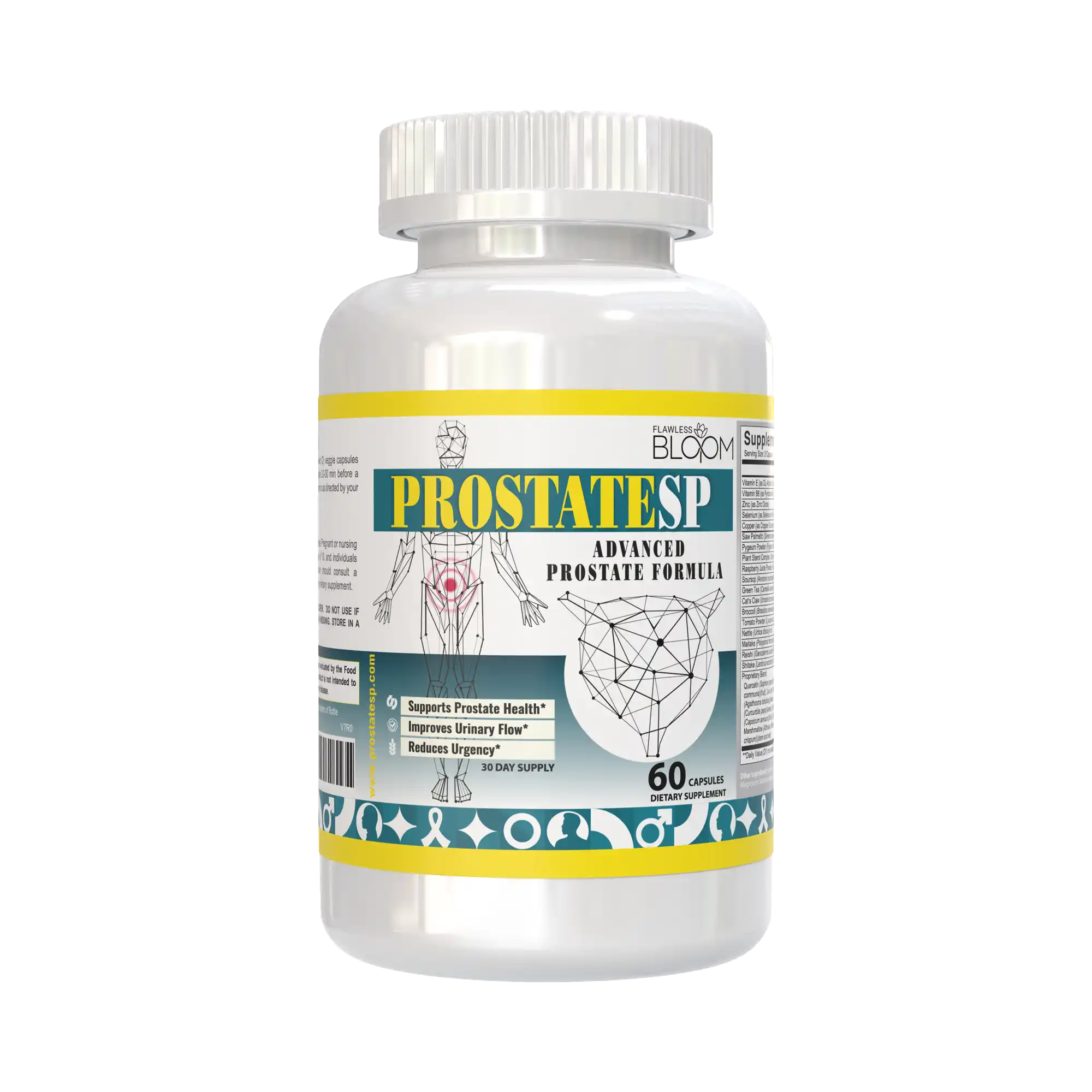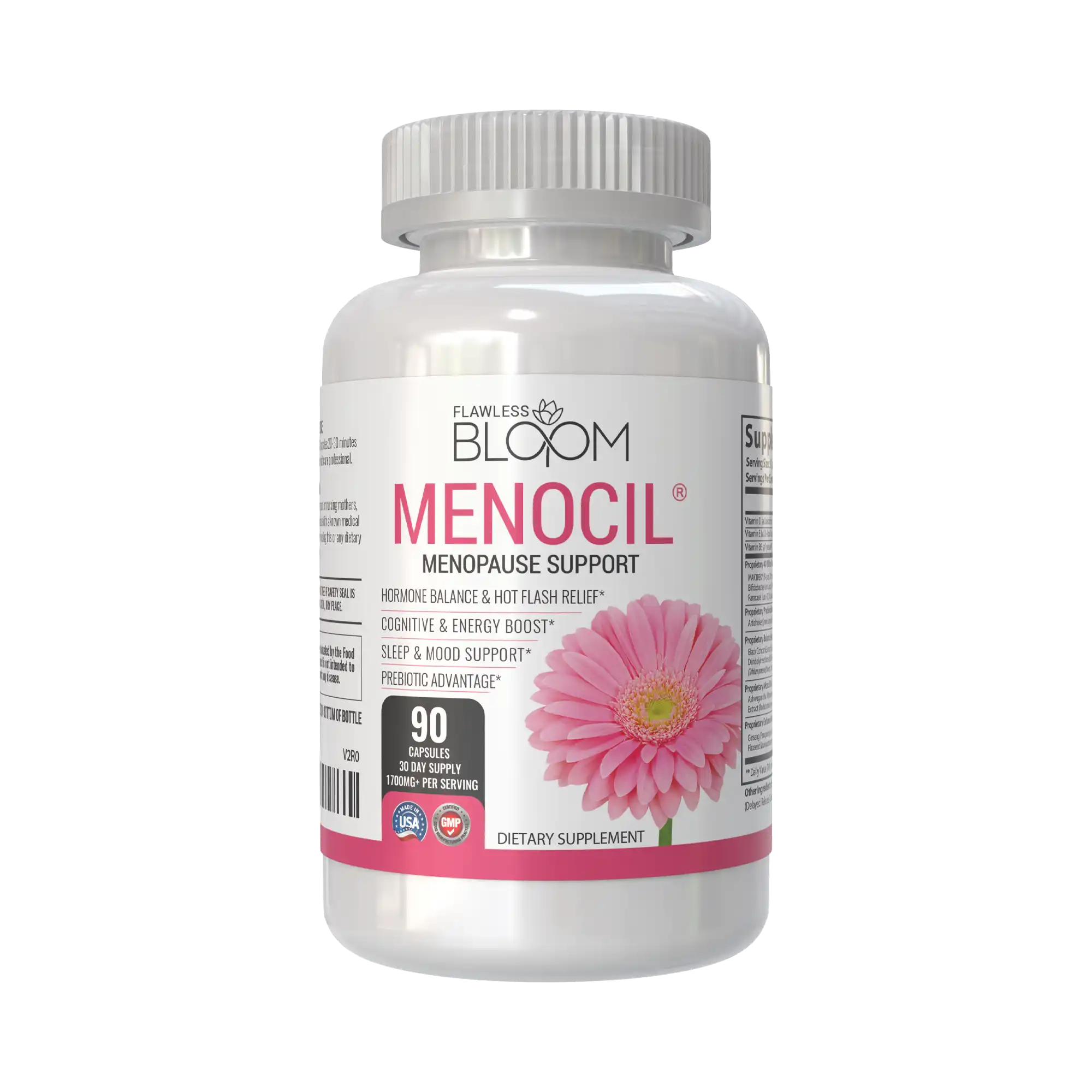How Many Calories Should You Eat Per Day to Lose Weight?
Learn how to determine your ideal daily calorie intake for weight loss. Understand the factors that influence your needs and how to create a safe calorie deficit.
Advertiser Disclosure: We independently select all the products. If you click through links we provide, we may earn a commission.

Key Takeaways
- Calorie Deficit: Consume fewer calories than you burn for weight loss.
- Protein & Fiber: Eat more protein and fiber to curb hunger and boost metabolism.
- Exercise: Incorporate cardio and strength training to burn calories.
- Limit Processed Foods: Cut sugary drinks and refined carbs.
- Manage Stress & Sleep: Get quality sleep and reduce stress to lower fat storage.
- Stay Hydrated: Drink water and green tea to support metabolism.
- Track Calories: Use an app or food diary for better control.
- Moderate Alcohol: Limit alcohol to avoid extra calories.
Calories get a bad rap these days since everyone knows that excessive calorie intake can lead to unwanted weight gain and other health issues. But the basic fact remains that calories are essential for the functionality of our bodies.
Calories provide your body with energy. Calories exist within foods we eat, and they're the name we give to the energy that the food provides us. So as you can see, they are an essential part of physical life.
They are also the key to weight loss. Understanding calories and how they affect your body composition is important not only to how you look but to your overall health and longevity as well.
Knowing your daily caloric intake will be essential for weight loss and improved health, so in the following post, we will be talking all about calories and how they affect body mass and answering the all-important question, ‘how many calories should I eat a day?’.
What are Calories?
Calories are simply a unit of measure. They measure the amount of energy that certain foods are known to contain. This energy fuels our bodies and allows us to function normally.
The basic equation is very simple to understand: to gain weight, you should eat more calories per day. To lose weight, you should consume fewer calories.
When you eat more calories than your body needs for energy, they get stored as fat on the body and typically cause weight gain.
When you achieve a calorie deficit, you are consuming fewer calories than you are burning off per day, which typically leads to weight loss.
That’s why it’s very important to know your daily calorie intake if you are trying to create a deficit and lose weight. In this way, a calorie deficit calculator can be a very handy and helpful tool.
How Many Calories Should You Eat Per Day to Lose Weight?
The answer to the question, ‘how many calories should I eat’ can be a difficult one to answer because if you are trying to lose weight, your appropriate daily caloric intake will depend on a variety of factors like age, sex, weight, height, and level of activity.
So there is no universal answer. Still, there are some general guidelines to follow that will steer you in the right direction if you are trying to hone your daily caloric intake for weight loss. Here are some general guidelines for weight loss:
| Age/Group | Daily Calorie Intake for Weight Loss |
|---|---|
| Men | 2,000-1,500 calories per day |
| Women | 1,700 -1,400 calories per day |
| Children | 900-700 calories per day |
Naturally, the larger your body is, the more power it needs to fuel your daily movements and activities. That’s why weight and height play a large factor in determining how many calories it will take to affect weight loss.
Age and activity level also play a role because the more active you are, the more calories you will need to power your lifestyle.
And when you are consuming more calories than your body needs for energy, it turns into fat.
When you exercise on a regular basis, the food you eat can help change fat into muscle. You can use several ways to figure out how many calories you burn. A fitness device gives you a rough idea of daily calorie loss, while a heart rate tool gives more exact results but feels less cozy for whole-day wear. You can also try an online calorie tool that looks at your age, gender, body weight, and movement. As another option, you can work it out by manually using the MET (metabolic equivalent of task) method, which requires you to know your activity's MET value and your body weight. For instance, gentle aerobic work at a MET value of 5 burns around 5.25 calories each minute for a person who weighs 60 kilos.
If you need a visual breakdown of how to calculate your daily calorie needs? This video offers a step-by-step guide. Learn how factors like age, sex, and activity level impact your ideal calorie intake for weight loss.
How to Reduce Your Calorie Intake Safely
So we know that cutting your calorie intake will help you lose weight. However, there are safe and unsafe ways to reduce your caloric intake.
Starving yourself, skipping meals, and simply eating less can cause malnourishment, vitamin deficiencies, and can even be the catalyst for eating disorders. Instead, give these tested and proven methods a try:
- Eat More Protein - Protein can help you build muscle, and most types of lean protein are low in calories. They can help fill you up without making a huge dent in your daily caloric intake.
- Limit Sugary Drinks - Sugary drinks like soda, juice, and energy drinks can also contribute to your daily caloric intake and don’t provide much in the way of nutritional value. So cutting them out can be a huge help to safely reduce your caloric intake.
- Drink More Water - Drinking more water can healthfully suppress your appetite and improve your metabolism, and of course, water contains no calories.
- Exercise - Even if you eat more than your recommended intake of calories per day, you still have the opportunity to burn them off and essentially neutralize them if you exercise every day.
- Reduce Intake of Processed Foods - Processed foods are typically high in calories and provide little nutritional value. If you are trying to cut calories to lose weight, cutting out processed foods as much as possible would be a big help.
- Supplements - High-quality weight loss supplements can also help you achieve a calorie deficit and may help negate the negative effects of a high-calorie diet.
In addition to these steps, here are a few basic weight loss tips that can help you achieve sustainable, long-lasting results:
- Practice Mindful Eating – Reduces cravings and encourages portion control.
- Eat More Fruits and Vegetables – Low-calorie, high-fiber foods ideal for weight loss.
- Stock Up on Nutritious Foods – Keep healthy options available to avoid unhealthy choices.
- Find Support – Social support boosts motivation and accountability.
- Try Meal Prepping – Simplifies healthy eating and saves time.
Even small changes, like adopting some of these tips, can lead to significant health improvements and sustainable weight loss over time.
Potential Downsides of Counting Calories
Of course, becoming obsessed with concerns like how many calories you should eat to lose weight is never good, and there are some downsides to keeping track of your daily caloric intake.
To avoid weight loss and health pitfalls, be mindful of the common trappings of calorie-counting. While tracking calories can help with awareness, it’s also valuable to keep a food log, noting what you eat and how it makes you feel. This method builds responsibility and awareness without focusing only on calorie numbers. It gives useful clues about your eating habits and helps spot areas that need work. A food log works best when shared with health experts who can use this data to guide you better. You might also snap photos of your meals to show your doctor or nutrition expert for further analysis.
Sustainable weight loss hinges on creating a moderate calorie deficit through balanced eating and exercise, not extreme restriction," advises Dr. Fatima Cody Stanford, MD, MPH.
These can include stress and obsession. And you may be only focusing on the caloric intake number and not on the quality of the foods you eat.
You still need to make sure that you are getting enough fresh, natural foods like fruits and veggies, even if you are keeping your daily caloric intake low.
Conclusion
Understanding how calories affect your weight is important for being more conscientious and more capable of losing weight.
It is essentially the first step towards achieving the body you’ve always wanted.
By staying aware of your daily caloric limit for your particular health goals, setting realistic goals for yourself,making positive lifestyle changes, and using best weight loss supplements, you can shape your body how you see fit.
FAQs
References
Flawless Bloom has strict sourcing policies and relies on primary sources such as medical organizations, academic institutions, governmental agencies, and peer-reviewed scientific journals. Read more about how we ensure our content is accurate, thorough, and unbiased by reading our editorial process.
- Yes, drinking more water may help you lose weight: https://hub.jhu.edu/at-work/2020/01/15/focus-on-wellness-drinking-more-water/
- Weight-loss Success Depends on Eating More Protein, Fiber while Limiting Calories, Study Finds: https://medicine.illinois.edu/news/weight-loss-success-depends-on-eating-more-protein-fiber-while-limiting-calories-study-finds
- What are Eating Disorders?: https://www.psychiatry.org/patients-families/eating-disorders/what-are-eating-disorders#:~:text=Types%20of%20eating%20disorders%20include,disorder%2C%20pica%20and%20rumination%20disorder





























